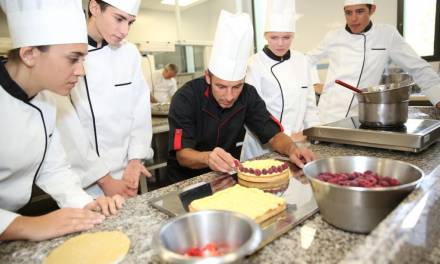Selecting the appropriate alternative provision for a student with behavioural issues is a critical decision that can significantly impact their academic success and overall well-being. Alternative provisions are designed to support students who struggle in mainstream education due to various challenges, including behavioural issues. The right alternative setting can offer tailored interventions, a supportive environment, and specialised resources to help these students thrive. Here are key considerations and strategies for choosing the most suitable alternative provision.
1. Assessing the Student’s Needs
The first step in choosing the right alternative provision is a thorough assessment of the student’s needs. This involves understanding the underlying causes of their behavioural issues, which can include emotional, social, or academic difficulties. Comprehensive evaluations by educational psychologists, counsellors, and other professionals can provide valuable insights into the student’s specific challenges and strengths. Based on these assessments, educators and parents can identify the type of support the student requires, whether it be therapeutic, academic, or a combination of both. Please click on this link for more information.
2. Exploring Different Types of Alternative Provisions
There are various types of alternative provisions, each catering to different needs. These include:
- Pupil Referral Units (PRUs): These are designed for students who have been excluded from mainstream schools due to behavioural issues. PRUs provide a more structured and supportive environment, focusing on behaviour management and reintegration into mainstream education.
- Specialist Schools: These institutions cater to students with specific needs, such as those with severe behavioural issues, learning disabilities, or mental health conditions. Specialist schools offer tailored curricula and therapeutic support.
- Therapeutic Schools: These schools integrate therapy with education, addressing the emotional and psychological needs of students alongside academic learning.
- Online and Hybrid Schools: For some students, a less traditional setting such as online education combined with in-person support can be beneficial, especially if they struggle with the social dynamics of a conventional classroom.
The best choice for an individual will be dependent on a number if factors. Usually, choices will be limited (As centres often specialise) but try and see at least two centres that cater for the needs of your child so you can decide what is best for them.
3. Evaluating the Provision’s Approach and Philosophy
Different alternative provisions have varying educational philosophies and approaches to behaviour management. It is essential to evaluate how well these align with the student’s needs and family values. Look for provisions that emphasise positive behaviour support, restorative practices, and individualised learning plans. Provisions that use punitive measures or fail to address the root causes of behavioural issues may not be effective in fostering long-term improvement. For more information on restorative practice please visit the following website: Home – Restorative Practices Ireland
4. Considering the Quality of Staff and Resources
The quality of staff and resources is crucial in an alternative provision setting. Qualified and experienced teachers, counsellors, and support staff can make a significant difference in a student’s progress. Investigate the training and qualifications of the staff, as well as the student-to-teacher ratio, which can impact the level of individual attention a student receives. Additionally, consider the availability of resources such as counselling services, extracurricular activities, and vocational training, which can provide a well-rounded educational experience.
5. Involving the Student in the Decision-Making Process
Including the student in the decision-making process can increase their engagement and commitment to the chosen provision. Discussing their preferences, concerns, and aspirations can provide valuable insights into what type of environment might be most conducive to their success. A sense of ownership and involvement can also enhance the student’s motivation and willingness to participate in the program.
Once a suitable alternative provision is chosen, continuous monitoring and review of the student’s progress are essential. Regular meetings with teachers, counsellors, and the student can help assess whether the provision is meeting their needs and making a positive impact on their behaviour and learning. Adjustments to the educational plan or additional support may be necessary based on these reviews.
If you would like to learn more about DfE accredited provider of online education as an alternative provider, visit EDClass, send an email to mail@edclass.com or call 01909 568338.










